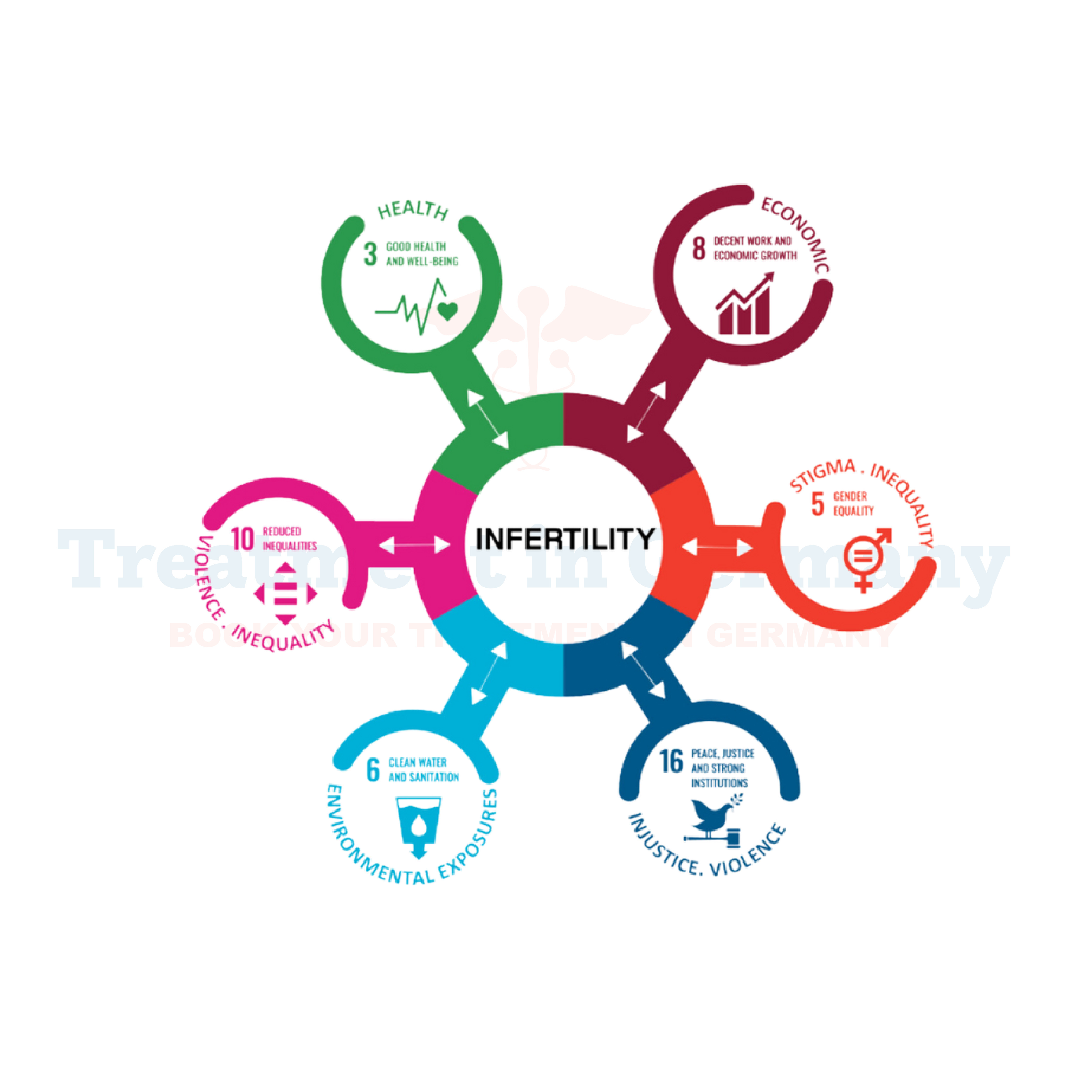What is Infertility:
Infertility is defined as the inability to conceive after one year of regular, unprotected intercourse for couples under the age of 35, or after six months for couples over 35.
It can affect both men and women, and it may result from various factors including hormonal imbalances, reproductive organ disorders, genetic factors, and lifestyle choices.
Side Effects of Infertility:
Aside from the obvious challenges of not being able to conceive, infertility can also have significant emotional and psychological effects. Feelings of guilt, shame, and inadequacy are common, as are stress, anxiety, and depression.
These emotional impacts can strain relationships and diminish overall well-being.
How is Infertility Diagnosed:
Diagnosing infertility typically involves a series of tests and evaluations for both partners. For women, this may include hormone level assessments, imaging tests like ultrasounds, and procedures such as hysterosalpingography to examine the uterus and fallopian tubes.
For men, semen analysis to assess sperm count, motility, and morphology is a standard diagnostic tool. Additionally, genetic testing and other specialized examinations may be conducted based on individual circumstances.
Potential Treatments of Infertility:
The treatment for infertility depends on the underlying cause and may vary from lifestyle changes to assisted reproductive technologies (ART). Some common treatment options available in Germany include:
👉 Contact us for further information and receive acomplimentary consultation.


.webp)
 (1).webp)

.webp)
 (1).webp)


.webp)
 (1).webp)

.webp)
 (1).webp)
